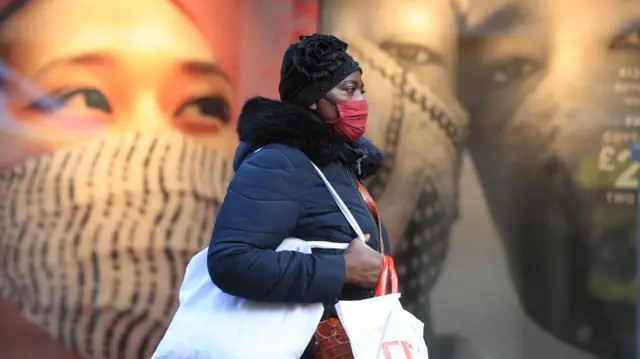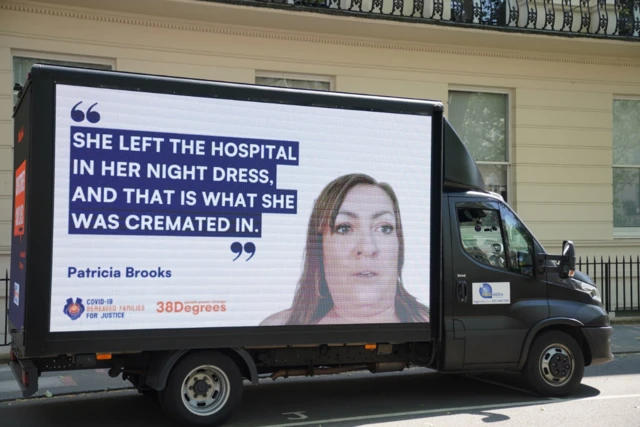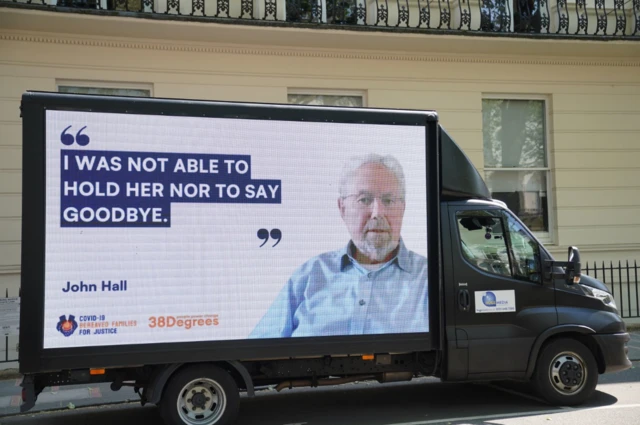Government should have used existing labs for testing - Stantonpublished at 15:00 British Summer Time 13 June 2023
Contact tracing was ended on 12 March 2020, Stanton says.
This was because the UK was moving from the containment to the delay stage of the pandemic, but also because there was a lack of capacity.
Contact tracing wasn't reinstated for several months, which Stanton says was a critical period.
"These issues were compounded by a lack of testing in the community and the NHS."
He says the shortfall in the testing capacity is partly due to the UK government failing to use the 44 already existing NHS laboratories, and an overreliance on the private sector and seven Lighthouse laboratories (set up by the government in response to the pandemic).
This was "unnecessary, and created unhelpful fragmentation," he continues. Tests were not available for patients or staff.



